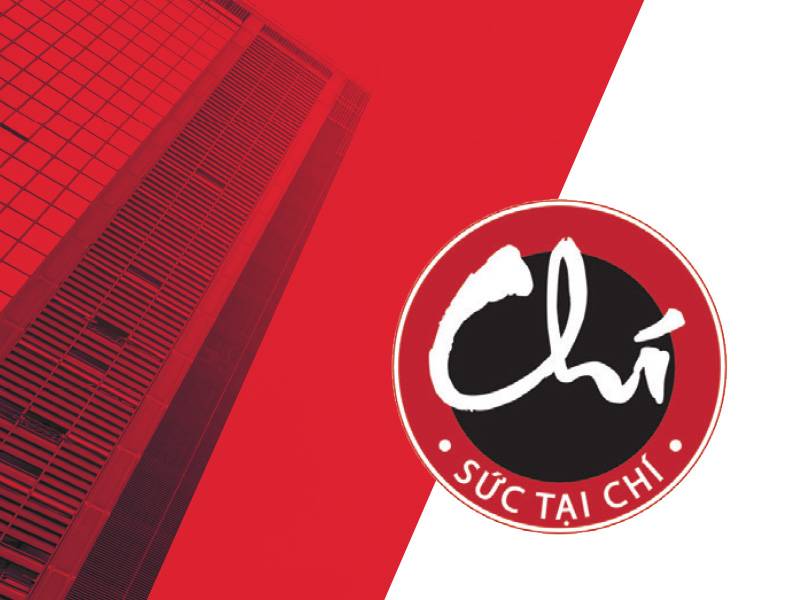The 2nd International Conference Revisiting Efforts to Reduce Demand for Illegal Wildlife Products: Showcasing Best Practice in Behavioural Change sought to build on the collaborations now occurring across the Community of Practice, and deepend insights into several key areas of behavioural science application within a wildlife conservation context.
A combination of ‘deep dive working groups’, presentations, “masterclass” sessions, interactive training sessions, and networking opportunities stimulated discussion around opportunities to showcase the best in behavioural science, and strengthen skills and further increase knowledge throughout the conference.
Our ambition was to build on the fantastic atmosphere of collaboration apparent across the Community of Practice, by really deepening insight and practice around a few key areas of behavioural science application
Gayle Burgess, TRAFFIC’s Behavioural Change Co-ordinator
“This event explored themes at the forefront of demand reduction initiative design, such as the role of ‘catalyst and gateway’ behaviours; how to strengthen impact measurement; and the role of concepts well established in fields such as pro-health and pro-environment behaviours, such as the ‘Value-Action’ or ‘Attitude-Action’ gap. Community members can draw from collective experience in order to refine demand reduction and social marketing initiative design, to support our work towards a common goal—in this case, reducing demand for illegal wildlife products.”
The conference was structured through three stages to showcase best practices from Social and Behavioural Change Communications (SBCC), and stimulate the exchange of skills, experience, and knowledge from all members of the Community of Practice.
Reflect & Review sessions took stock of existing materials and data, deepening understandings on the opportunities for innovation within behavioural change. “Deep Dive” sessions, allowed participants to discuss key topics in-depth.
Refresh & Reinvigorate sessions showcased relevant innovations from other spheres of behavioural science, and also introduced the re-developed Change Wildlife Consumers toolkit—an online repository of resources, webinars, market data, expert interviews, and educational materials for all those working to reduce the consumption of illegal wildlife products.
The final theme, Refine & Review, encouraged pledges and commitments from participants in how they would apply what had been learnt. Final “Masterclasses” on conducting consumer research, script development for SBCC initiatives, and seeing behavioural change within a wider context.
“Harnessing the power of existing behavioural science expertise is critical to the development of impactful SBCC interventions. It’s seldom you see such a rich diversity of people working within behavioural change all in one room—we look forward to seeing this event contribute to the meaningful conservation impact behavioural change initiatives are already bringing about,” said Steven Broad, TRAFFIC’s Executive Director.
“Behavioural change science holds the potential to be a game changer within wildlife conservation, if applied in a targeted and methodical way,” said Monica Zavagli, TRAFFIC’s Senior Programme Officer.
“This conference demonstrated how the behavioural change Community of Practice is more engaged, experienced, and ready to collaborate than ever before. The future of SBCC within a wildlife conservation context is looking brighter than it ever has.”


